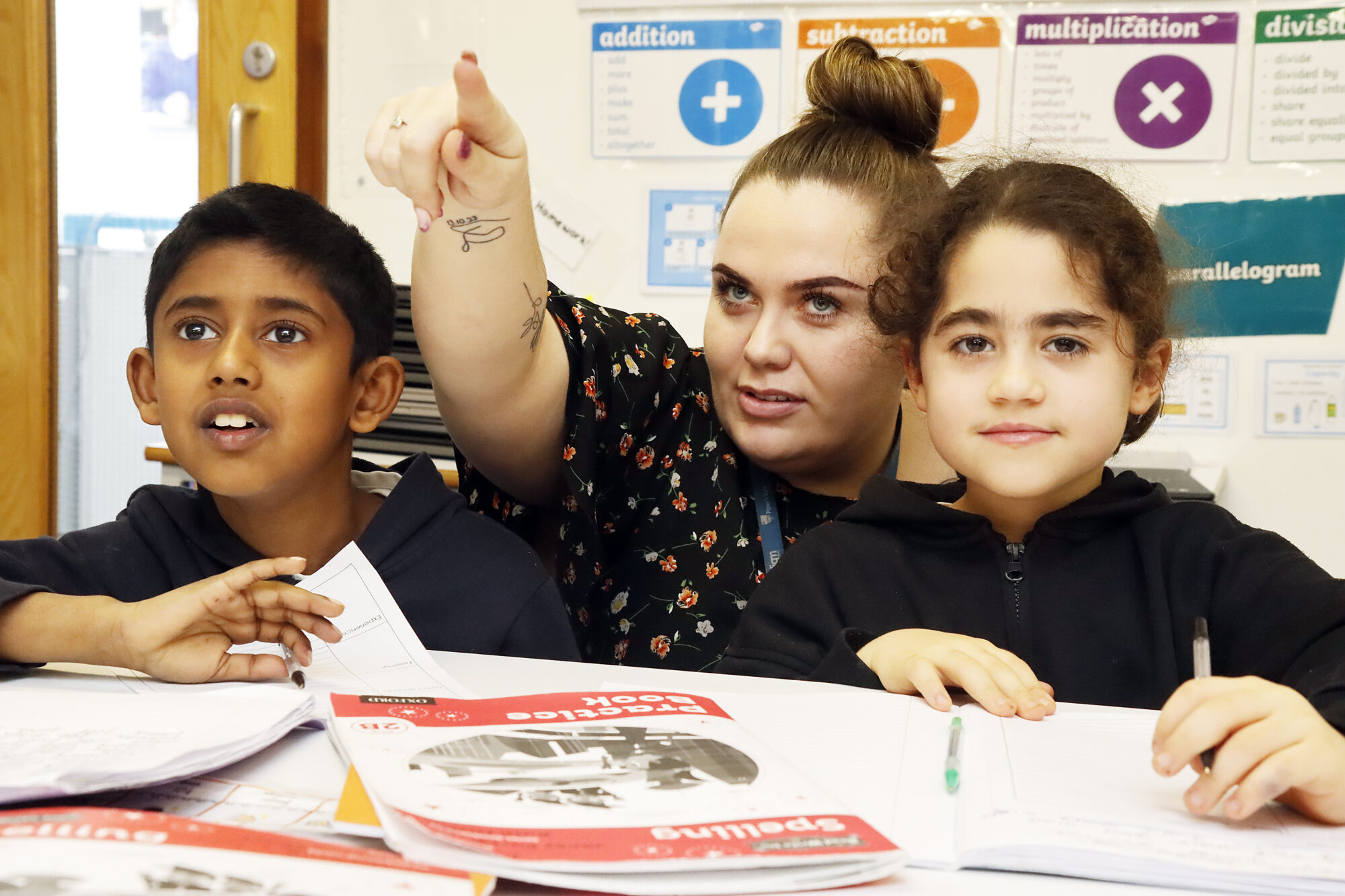Upcoming events for Year 3
Here’s what you’ve got to look forward to over the next few weeks.
Menu to follow
Year 3 Curriculum
At KS1 and KS2 we follow a two year sequence:
2025/2026 and 2027/2028
Autumn 1 – Printing
Autumn 2 – 3D: Metal
Spring 1 – Electrical Systems
Spring 2 – Mechanica | Systems (axles and wheels)
Summer 1 – Portraits, including mixed media
Summer 2 – Structures
2026/2027 and 2028/2029
Autumn 1 – Textiles – batik
Autumn 2 – Painting
Spring 1 – Mechanical Systems: Pneumatics
Spring 2 – Collage
Summer 1 – Portraits, including mixed media
Summer 2 – Food Technology
Each year through KS1-2 we cycle through the following units at increasing depth:
- Productivity
- Programming
- Computational Thinking
- Creativity
- Networks
- Communication/collaboration
Reading to Learn
Once children have been carefully assessed as having met the requirements of the phonics program, they should be able to decode any age appropriate text. At this point, children move onto our ‘Paradigm Literacy and Language’ program.
The program allocates 3 weeks to ‘fiction writing’ such as: stories, poetry, one week to ‘journalistic writing’ such as biographies and non chronological reports and two weeks to a ‘non fiction writing’ program in which specialist teachers across the Trust have worked together to create and provide high quality texts in The Humanities and The Sciences.
The following topics are repeated on a 2 year cycle in KS1, LKS2 and UKS2:
Unit 1: Dynamic Earth
Weather and climate across the world
Changes to our climate and the role of humans in this
Extreme weather events
Tectonic Hazards: earthquakes, volcanic eruptions
Unit 2: UK Geography
What is the UK and where do I live?
Using mapping skills to explore features in the UK
River and coastal landscapes in the UK
Urban environments in the UK
Unit 3: Environment, Climate and Us
The climate crisis and what we can do about it
Understanding life in tropical rainforests and the threats to them and what we can do.
Understanding life in desert environments and the threats to them and what we can do.
Understanding cold environments and the threats to them and what we can do.
Unit 4: Jobs and Wealth
Types of jobs, industry and places of work
Global trade and supply chains – where does my food come from?
What is life like in the world’s poorest countries?
What is life like in the world’s richest countries?
We cover two topics a year for History in Key Stage 1 and Key Stage 2. In Year 3 we look at Ancient Greece, then Romans (not British).
Our school uses Maths Mastery to teach the subject.
In Year 3 we cover:
- Number sense and exploring
- Calculation strategies
- Place value | Graphs
- Addition and subtraction
- Length and perimeter
We introduce French in Lower Key Stage 2, through a system called Early Start French Programme.
Autumn 1 – Hip Hop
Autumn 2 – Introduction to the Orchestra
Spring 1 – Reggae
Spring 2 – Vocal Techniques: Scat/beatboxing
Summer 1 – Ensemble Skills
Summer 2 – Reflect, Rewind and Replay
- Striking / fielding (e.g. rounders, cricket)
- Gymnastics
- Invasion Games (e.g. hockey, netball, football)
- Athletics
- Swimming
- Dance
We follow a three-year cycle (see below) covering the major world religions as well as worldviews.
The programme is designed so that each previously taught religion is reviewed and comparisons are drawn between the content. Over six years, each child will have studied each identified religion/non-religion twice, studying in greater depth and making connections between religions.
Pupils are taught key substantive knowledge for each religion and worldview and each lesson is broken down into one of 3 disciplines: Theology, philosophy and Human/Social Science.
The Paradigm primary schools follow the Jigsaw programme.
From September 2019 we have allocated 45 minutes per week to PSHE at KS1 and KS2.
- Being Me in My World
- Celebrating Difference
- Dreams and Goals
- Healthy Me
- Relationships
- Changing Me
Parents/carers have the right to withdraw their child from all or part of RE – please contact the principal if you wish to explore this as an option.
We teach Science on a two year cycle.
25/26 and 27/28
Autumn 1 – States of Matter
Autumn 2 – Animals including Humans
Spring 1 – Electricity and Energy
Spring 2 – Plants
Summer 1 – Environmental Issues
Summer 2 – Living Things and Their Habitats
26/27 and 28/29
Autumn 1 – Living Things, their Habitats and Classification
Autumn 2 – Earth and Space
Spring 1 – Forces and Magnets
Spring 2 – Rocks
Summer 1 – Light and Sound
Summer 2 – Properties of Materials
The INSET Day for this term is:
- Monday 5th January
Pupils should not attend school on this day.
The first day back after the Christmas holidays for pupils is Tuesday 6th January 2026.
The first day back after the February half term for pupils is Monday 23rd February 2026.
INSET Days for this term are:
- Monday 13th April
- Monday 20th July
Students should not attend school on these days.

